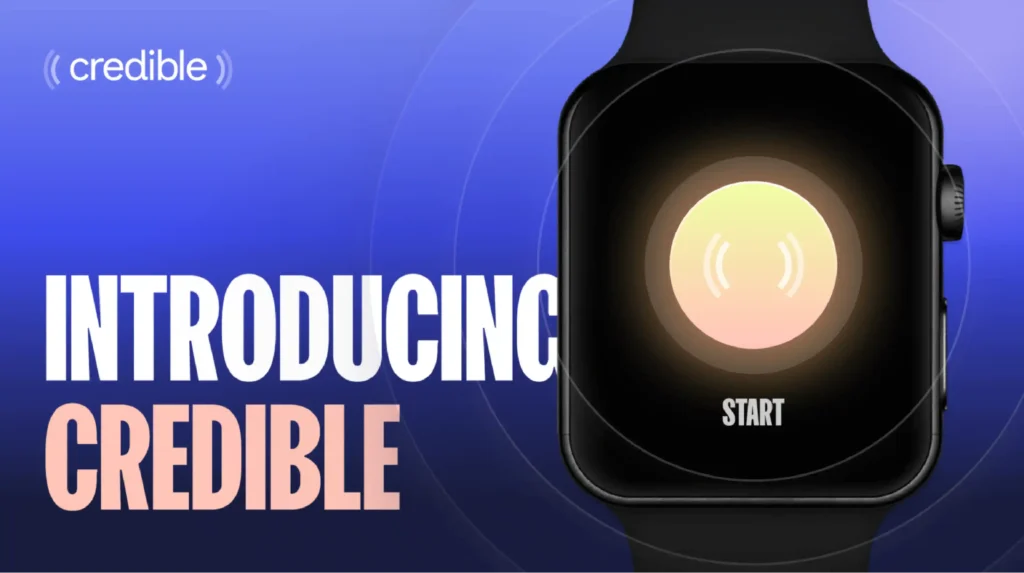In a comprehensive study conducted by YouGov researchers, the prevalence and perception of filler word usage among American adults in professional environments were investigated. The findings revealed that nearly half (48%) of Americans perceive the use of filler words, such as “umm” or “like,” unnecessarily in a work setting as unprofessional.
However, this perception varies significantly based on income level and age. As people progress through their careers and age, they tend to find the use of filler words to be less acceptable in professional settings. For instance, 44% of adults over the age of 55 consider filler words unprofessional, while only half of those between the ages of 18 and 44 share this sentiment.
Moreover, income level also plays a role in shaping perceptions of filler word use. Among individuals earning under $40,000 annually, more than 50% do not view the use of filler words as unprofessional. In contrast, among those making over $80,000 a year, the majority (55%) consider filler words to be unprofessional.
The survey also explored participants’ self-assessments of their filler word usage compared to the average American. Interestingly, 39% of respondents believe they use about the same amount of filler words as others, while 38% believe they use less. These self-perceptions vary based on age, gender, and income. Females were more inclined to believe they use a similar amount of filler words as their peers, while individuals over 55 were more likely to believe they use fewer filler words than the average. Wealthier individuals, on the other hand, were less likely to perceive themselves as frequent users of filler words compared to the average American.
Overall, the study highlights the multifaceted nature of filler word usage in professional settings, as perceptions and attitudes vary based on demographic factors and subjective self-assessments.




